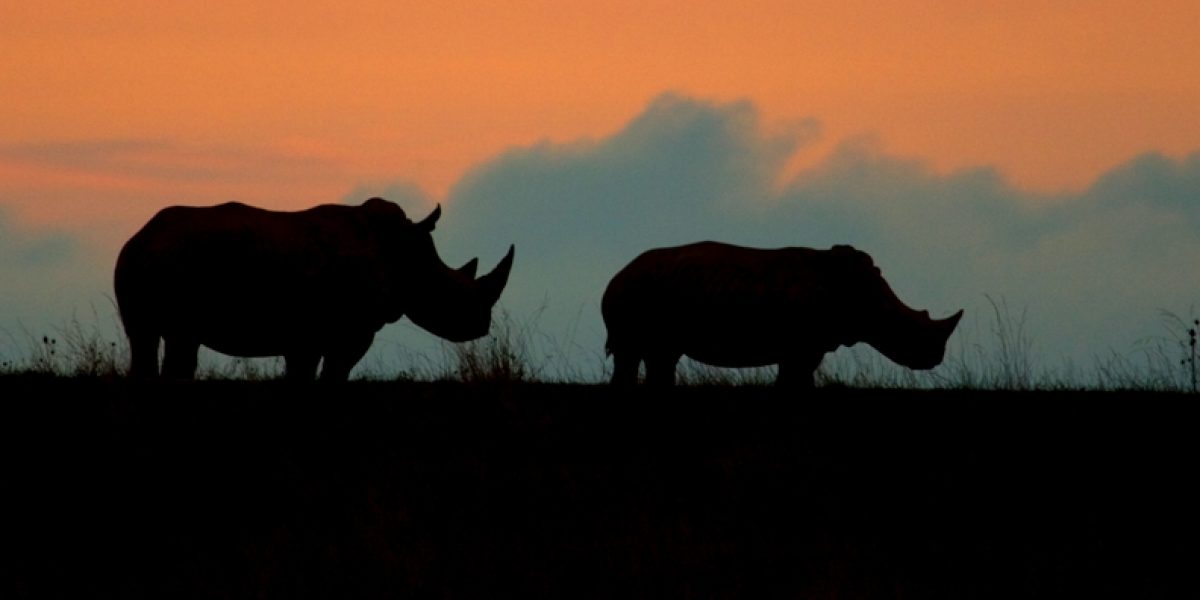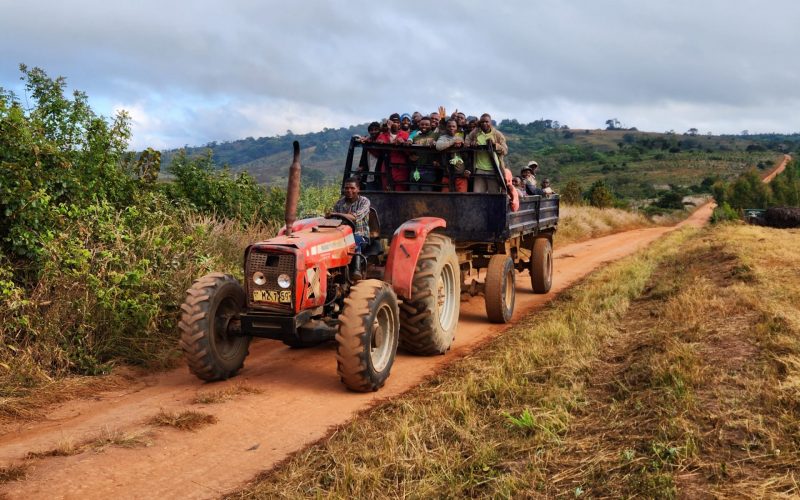A 2017 report by the Institute for Security Studies finds that Botswana’s ‘militarised responses effectively reduce poaching’ through a ‘shoot-to-kill’ policy. The authors note the moral reservations of such a policy but forcefully argue that its deterrent effect accounts for Botswana’s relative success in the region, given that most other anti-poaching techniques are highly similar.
Like rhinos, Africa’s elephants are under grave threat. The number of African elephants has fallen by around 111 000 to 415 000 in the past decade, the worst drop in 25 years, according to the latest report from the IUCN. Roughly 20 000 elephants are being poached in Africa each year.
According to the Great Elephant Census, for instance, there are roughly 130 000 elephants in Botswana, nearly a third of the continent’s remaining savannah elephants. Many have migrated there from neighbouring countries – “elephant refugees” – to escape hunting or poaching. Some have argued that this has the unintended effect of elephant overpopulation in Botswana but this is disputed in conservation circles. It does seem to hold, though, that an over-concentration of elephants in too small an area can damage ecosystems, and increase human-wildlife conflict.








